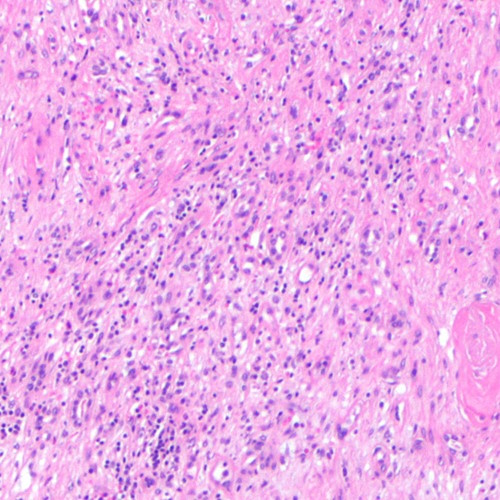Key points from article :
Chronic inflammation, a persistent immune response linked to conditions like arthritis, cancer, and autoimmune diseases, is a growing global health concern. In a new study published in Nature, scientists from Mass General Brigham, led by Dr. Zhixun Dou of Massachusetts General Hospital, have identified a protein called WSTF as a promising target to selectively suppress chronic inflammation without affecting the body's ability to respond to short-term threats like infections.
WSTF normally works inside the cell nucleus to conceal pro-inflammatory genes. The researchers discovered that in cases of chronic inflammation, WSTF is pushed out of the nucleus and degraded, allowing these inflammatory genes to be activated. This process was observed in both human cell models and mouse models of aging and cancer. Importantly, WSTF loss was specific to chronic—not acute—inflammation, making it a potential target for long-term disease control without compromising immune defence.
The team also examined tissue from patients with MASH (metabolic dysfunction-associated steatohepatitis) and osteoarthritis, finding that WSTF levels were significantly reduced in inflamed tissues. A therapeutic that restored WSTF successfully reduced inflammation in both mouse models and human knee cells from osteoarthritis patients. These early results suggest that therapies targeting WSTF could offer a new way to treat chronic inflammatory diseases safely and effectively.
While more research is needed to fully develop and test WSTF-based treatments, the findings mark a significant step toward separating chronic from acute inflammation at the molecular level. The study also hints that other similar proteins might play roles in chronic inflammation, paving the way for a broader range of anti-inflammatory therapies in the future.







